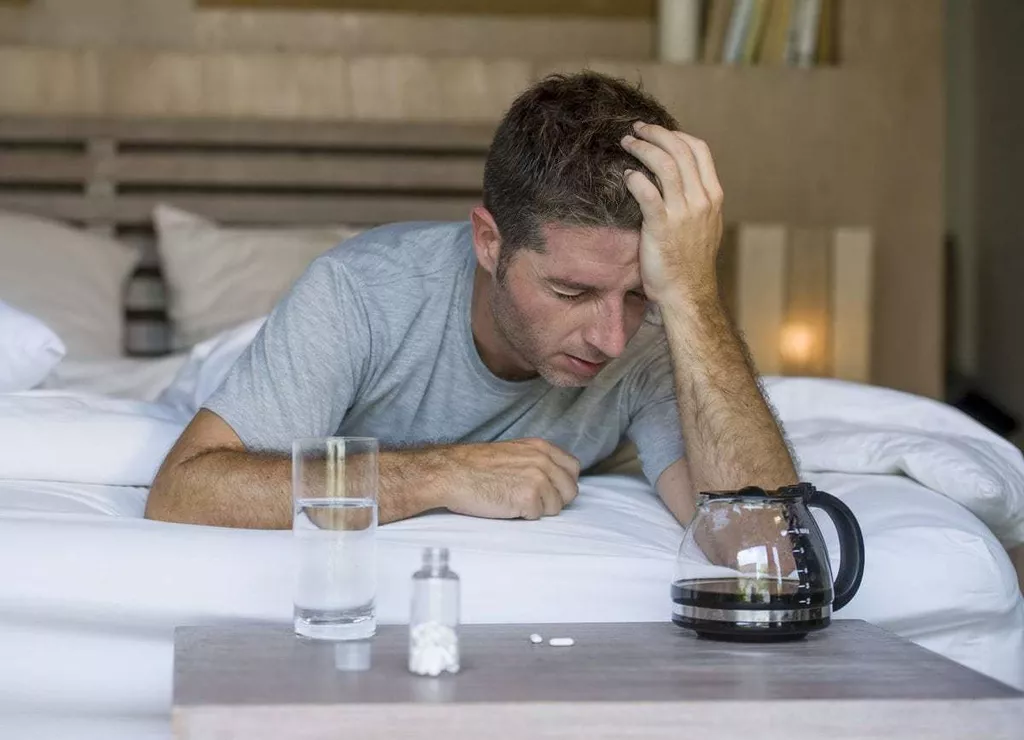
Drinking more than two alcoholic drinks a day can increase the likelihood of proteinuria, indicating potential kidney damage. Binge drinking occurs when more than five drinks are consumed in about two hours. Binge drinking can lead to a sudden drop in kidney function referred to as acute kidney failure. While acute kidney failure typically subsides over time, it can occasionally lead to lasting kidney damage.
Empowering Change: The Impact of Raising Alcohol Prices on Deaths
This sudden spike in blood alcohol levels can cause https://ecosoberhouse.com/ acute kidney injury, necessitating dialysis until kidney function is restored 2. Acute kidney failure is a serious condition that requires immediate medical attention. Acute kidney injury (AKI) is a condition characterized by a sudden and temporary loss of kidney function. Excessive alcohol consumption, particularly binge drinking, can lead to acute kidney injury 1. Binge drinking, defined as consuming more than five drinks in one sitting, can overwhelm the kidneys and result in acute kidney failure.
Long-Term Alcohol Effects on the Kidneys
- This is particularly possible if your liver is affected by alcoholism.
- Plus, issues affecting the kidneys can quickly affect the rest of our body, potentially causing problems in multiple organs.
- ADH is like the body’s water regulator, telling your kidneys how much water to hold onto.
This process can take weeks or months, depending on individual health. Like diabetes, high blood what are the first signs of kidney damage from alcohol? pressure can damage blood vessels in the kidneys. When the kidneys are under pressure, they cannot function properly.

Effects of Excessive Drinking on Kidneys
- Dr. Varga was supported by a grant from the Rosztoczy Foundation.
- From the moment you reach out, you’re met with understanding and support.
- Heavy drinking is typically defined as consuming more than three drinks a day for women or more than seven drinks per week, and more than four drinks a day for men or more than 14 drinks per week.
- Normally the kidneys are a major route of potassium ion excretion and serve as an important site of potassium regulation.
Kidney issues are serious but can be manageable, especially when detected early. Don’t hesitate to reach out to a healthcare provider for evaluation and guidance on making positive changes to protect your kidney health. Since alcohol is dehydrating, it increases the concentration of minerals in our urine, which elevates the risk of stone formation.
- Alcohol adds to their workload, and overindulgence can strain these vital organs, potentially leading to chronic kidney disease.
- Contact us today to learn more about how we can help you achieve lasting recovery and prevent further harm to your kidneys.
- By making informed choices and prioritizing kidney health, individuals can take positive steps towards their well-being.
- Expert testimony from medical or forensic professionals can also be invaluable in these cases, helping to explain how dehydration could have affected the results.
Increased Blood Pressure
- For women, heavy drinking is defined as drinking more than three drinks in a single sitting or more than seven drinks in a day.
- It’s important to note that even moderate drinking can negatively impact kidney health in some individuals.
- In some cases, individuals may develop chronic kidney disease (CKD).
- When your body doesn’t have enough fluids, you can’t function right.
These imbalances may impact nerve and muscle function and, if persistent, can contribute to kidney stress and reduced function. Kidney stone formation is influenced by hydration, diet, and metabolism, all of which alcohol affects. Dehydration plays a central role, as reduced urine volume allows minerals like calcium, oxalate, and uric acid to crystallize rather than being flushed out. Since alcohol promotes fluid loss, it can create conditions that favor stone formation, especially in those predisposed to renal calculi. Beer and red wine contain purines that metabolize into uric acid, increasing the risk of uric acid stones.

Discover how much alcohol can kill you, understand BAC, and learn prevention strategies for safer drinking. Learn how to redefine your relationship with alcohol, establish healthier habits, and seek effective support. Discover what is Suboxone, its uses in treating opioid addiction, side effects, and how it compares to other treatments. Inpatient rehab costs vary widely due to factors like treatment complexity, stay duration, and location. Learn how to qualify for inpatient physical rehab with comprehensive evaluations, medical criteria, insurance insights, goal setting, and discharge planning for optimal recovery. Recognize early signs of alcohol dependency, from physical symptoms to behavioral changes, and seek professional help to regain control and improve relationships.

These filter waste products from the blood and maintain the balance of water and minerals in the bloodstream. According to the World Health Organization (WHO), there is no so-called “safe” level of alcohol consumption, and the more alcohol a person drinks, the greater their risk of health issues. Alcohol is a toxic substance that can damage the body’s organs and tissues. There are mixed conclusions marijuana addiction about whether or not alcohol causes kidney failure specifically. What about the kidney pain some people claim to feel after a night of drinking?
